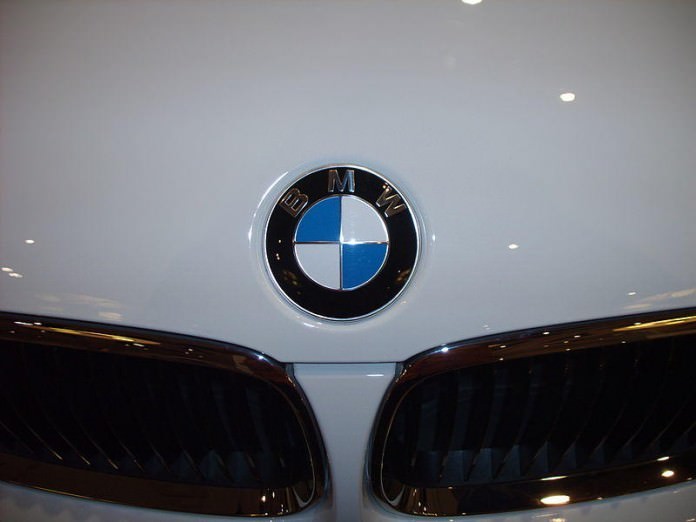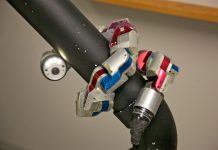German car manufacturer, BMW, has disclosed plans to sell at least 500,000 of their electric and hybrid vehicles. The plans which will more than double their numbers, are for the year ending 2019 and were disclosed by the Chief Executive of the company, Harald Krüger.
Speaking to the German Weekly newspaper, WirtschaftsWoche, Mr. Krüger said that the company’s deliveries of electric vehicles in 2018 alone was bound to rise by at least a medium double-digit percentage. The German based carmaker, known for its pioneering cars has been struggling with sales of their electric merchandise. The carmaker launched the i3 back in 2013, with sales low and management facing a marketing obstacle. The company has been thinking of going all out with the electric craze of late.
However, the company decided back in September this year to start mass production of electric cars. The company also decided to have at least 12 models of fully functional electric cars with at least a range of 700 km by 2025.
The group which set a target of selling at least 100,000 electric cars this year announced recently that they had reached their target. The company cited their target success to the strong demand witnessed in Western Europe and the US for their electric models, the i3 and the 2 series plug-in hybrid Active Tourer.
In his interview, Mr. Krüger also noted that the German carmaker would continue with their production of combustion engine cars so as to help with the transition to electric cars. As the company is shifting to electric cars, financing will be needed and the company plans to do that with the sale of combustion engine cars, according to him.
Krüger also addressed the issue of doing away with tax subsidies for diesel, appearing to be at loggerheads with his counterpart at Volkswagen, Matthias Mueller. Krüger said that the move would be unfair to all the customers who had already bought diesel cars, and the move would be unjustifiable.
The CEO of Volkswagen, Matthias Mueller, earlier this month noted that there was supposed to be a shift in incentives for green cars such as electric vehicles. The shift would limit or reduce the subsidies for diesel vehicles and incentivize green vehicles.
There has been a widespread debate about the issue, with even the Acting Transport Minister in German, Christian Schmidt, chiming in. Schmidt shot down the idea and noted the importance of diesel as companies and cars made the shift to green vehicles. He also said that there was no reason to make changes to the tax rules just yet.


















